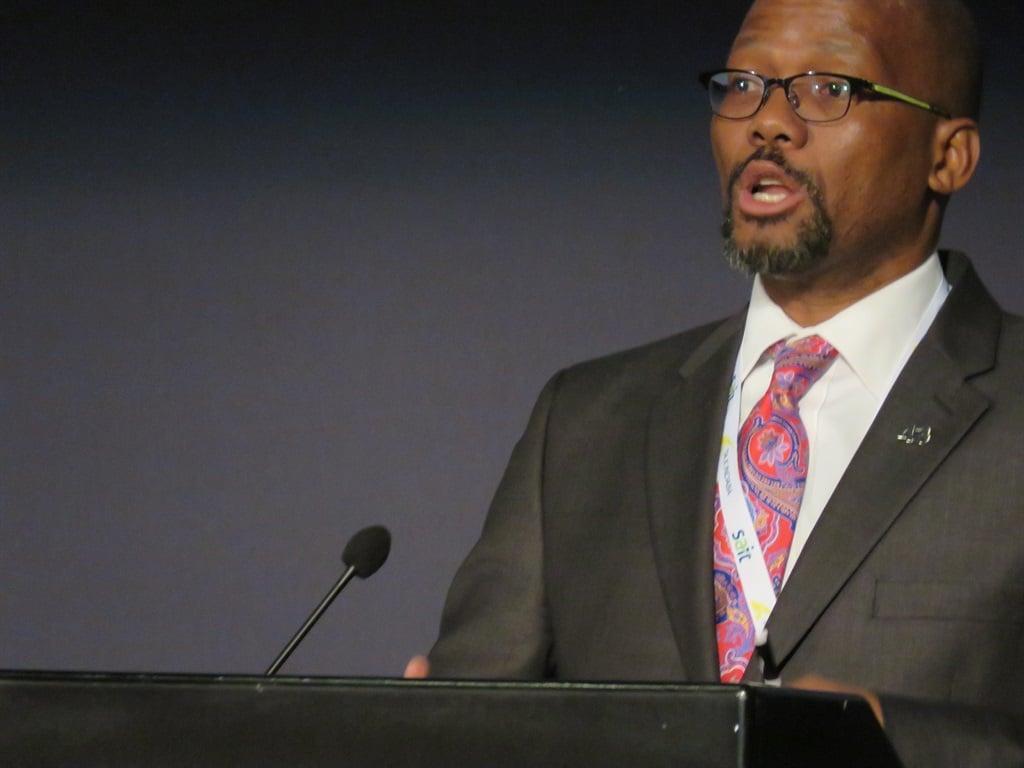Africa-Press – South-Africa. Sanlam’s 2023 Transformation Gauge report shows a mismatch between companies’ Black Economic Empowerment (BEE) scorecards and the reality on the ground.
The report, commissioned by Sanlam and compiled by BEE rating and research agency, Empowerdex, is now in its third year of publication.
Empowerdex analysed 14 542 BEE scorecards across listed and unlisted companies. After analysing all the data and interviewing people working in these companies, the researchers concluded that “transformation is not as advanced as the scorecards suggest”.
Empowerdex sent surveys to 93 BEE verification agencies, and 42 responded.
‘Not good enough’
It excluded BEE points that companies get from participating in the Youth Employment Service (YES) programme. Questions had been raised by the verification agencies about the skills development aspect of the BEE scoring, with feedback including that it’s a tick-box exercise of a low standard. Agency feedback also included concerns that in their experience, there are companies just spending the money to get the points.
They said companies’ enterprise and supplier development programmes are also often a compliance aspect. On ownership, some flag that there’s too much room for misstatements and fronting. Therefore, this aspect needs to be reviewed, with some even suggesting that that element should be removed from the scorecards.
The one element most agencies were happy with is socioeconomic development – an area where corporate SA consistently exceeds targets.
Speaking at the presentation of the report on Tuesday, Sanlam board chairperson, Elias Masilela, said that when one takes the numbers at face value, it’s easy to conclude that SA is on the right track because of the overall improvement in empowerment ratings year-on-year. But those numbers are still not exciting. And if you go beyond the overall ratings, you see that they consistently get a boost from the socioeconomic development ratings.
“It is not good enough,” said Masilela.
Sectors regressing
Masilela said it’s time South Africans questioned why transformation promised by the Broad-based Black Economic Empowerment (BBBEE) remains elusive 20 years after the law was introduced to address inequalities in SA. He, however, doesn’t blame BBBEE policy but rather corruption, racism, and the psyche and attitude of decision-makers.
Masilela said that even more worrying is the fact that some of the empowerment ratings are now worse than in 2021 when Sanlam first published the Transformation Gauge report. The report shows that corporate SA has taken a few steps back in black ownership, enterprise, and supplier development.
And although management control improved to 69% of the BEE scorecard target compared to 58% in 2021, 51% of the verification agencies Empowerdex surveyed didn’t find any joy in this. They believe that the corporate sector is resistant to transformation.
“The direction is not what South Africa would like to see […] This says to us that attitudes have not changed. Attitudes have not moved. We are still ticking boxes. We are still paying lip service to transformation,” said Masilele.
Zooming into sectors, it became clear who is regressing. On the black ownership front, the agri-BEE industry, construction, integrated transportation, property and tourism have fewer black people owning those companies than in 2021.
In black management control, the culprits that regressed include property, forestry, marketing advertising and communication. Mining and quarrying had a slight decline. Management control scores in the financial and manufacturing sectors have remained flat for three years.
The worst performer in this area was the listed property sector, where black management control has fallen to 26% of the sector’s BEE target, followed by the integrated transport sector (28%), unlisted property (30%) and listed agri-BEE (44%).
For More News And Analysis About South-Africa Follow Africa-Press






